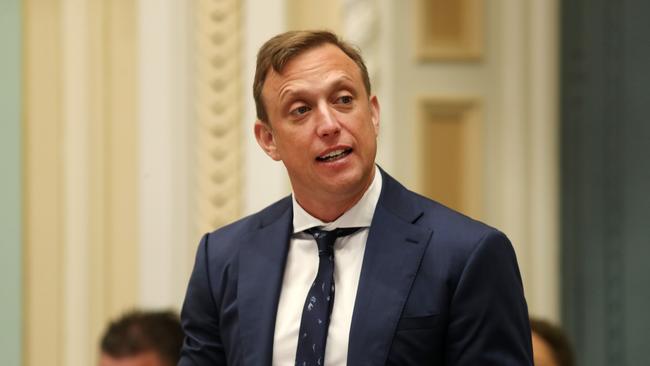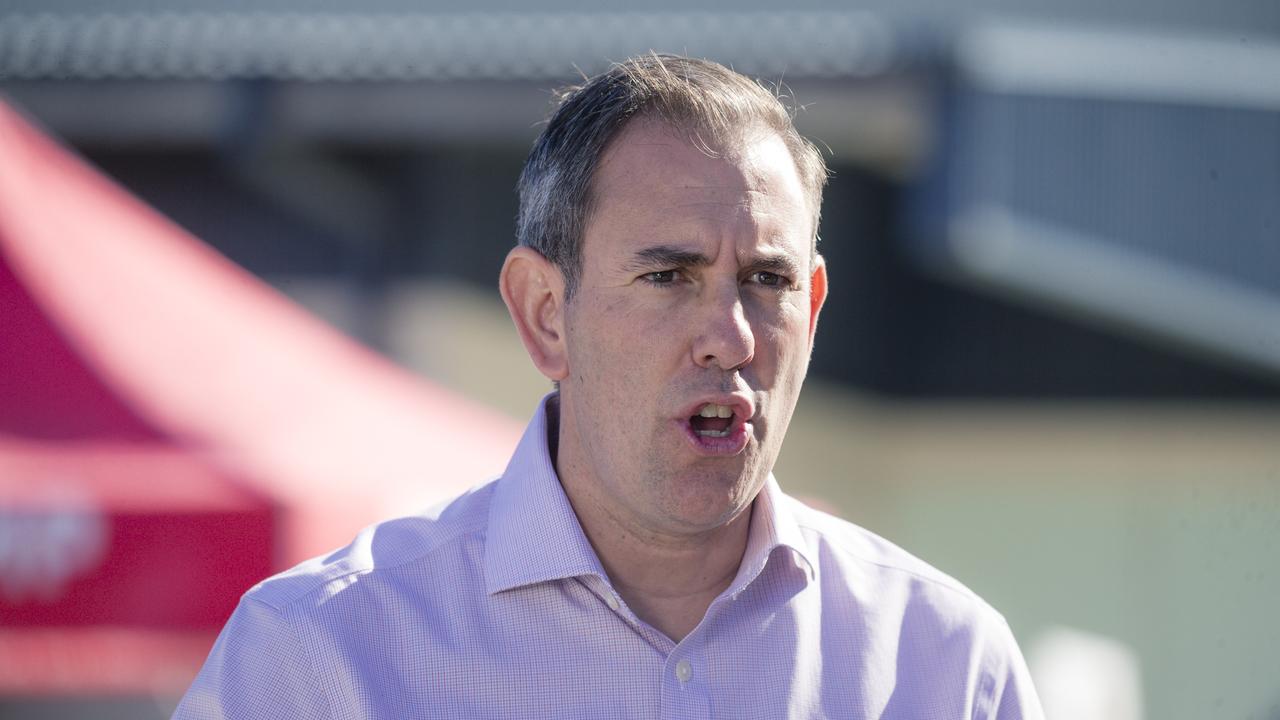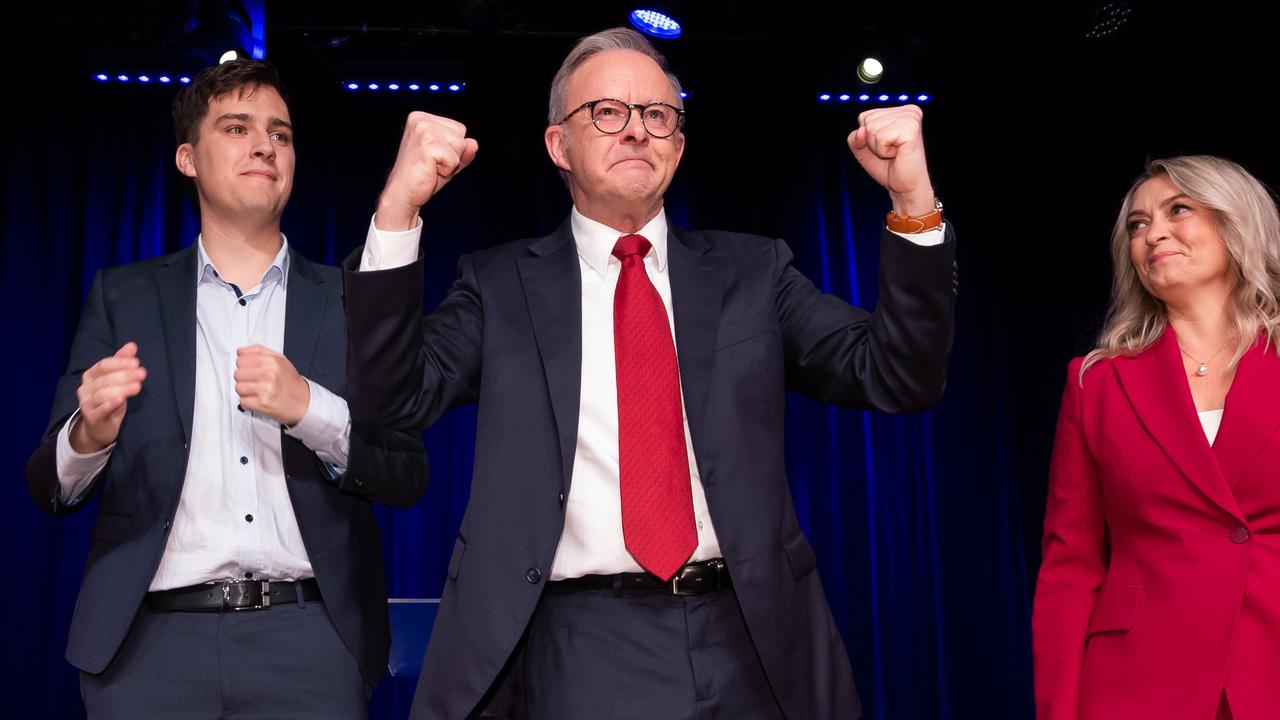Stand-off over 2032 Olympics bid funding
The federal government is refusing to bow to meet a deadline of Monday set by Annastacia Palaszczuk to commit to funding half the bid.

The federal government is refusing to bow to a deadline set by Annastacia Palaszczuk to commit to funding half of the Queensland Olympic Games bid by Monday.
Negotiations between the governments are at a stand-off as they prepare to finalise their joint bid for the 2032 Brisbane Olympics after the Queensland Premier announced on Tuesday that the Gabba cricket and AFL ground would be demolished and rebuilt as a 50,000-seat venue for $1bn — making it the smallest Olympic stadium in 100 years — and asked for the federal government to pay for half of it.
Ms Palaszczuk said time was running out to meet a deadline to provide assurances to the International Olympic Committee — which has identified Brisbane as its preferred bidder — by Monday, including a 50 per cent funding commitment from the federal government.
It is understood the Queensland government signed off on its guarantees at a cabinet meeting on Monday, and that the Brisbane City Council is on track for its guarantees.
Scott Morrison’s Olympics representative, Ted O’Brien, said he was confident the guarantee deadline would be met but it did not necessarily include a funding commitment for the stadium from the federal government.
“Our next big milestone is for all three tiers of government to provide a series of guarantees to the IOC,” Mr O’Brien said.
“As for the federal government, I don’t foresee any problems with us confirming the guarantees for which we’re responsible.
“I know the Premier wants assistance from the federal government to deliver some of the guarantees for which the state is responsible, and that’s OK.
“Indeed, we’re looking forward to seeing the details of any request so they can be duly considered through the usual budget process.”
Deputy Premier Steven Miles and Treasurer Cameron Dick repeated the calls for federal funding on Wednesday.
“Monday is a deadline for draft guarantees to the IOC,” Mr Miles said. “We need the Morrison government on board at that point in time so the IOC can assess whether we have the funding available to deliver the venues and transport that will be required.
“We are working very closely with them, and, of course, with local government as well.”
Mr O’Brien said the bid was progressing, despite the mixed messages.
“Some people get overly excited at a the pointy end of a deal, so I’m not too fazed about exuberant state ministers shaking pompoms about the Gabba idea and calling for federal funding — it sort of comes with the territory,” he said.
“But despite all this colour and movement, what really matters is our united effort in progressing Queensland’s candidature, and that’s going really well.”
Ms Palaszczuk promised neither the neighbouring school nor any nearby homes would need to be resumed to make way for the expanded Gabba.
Not since the 1928 Amsterdam Games, which had a 33,000-seat venue, has a main Olympic stadium had a capacity of fewer than 60,000.
Mr Miles defended the size of the planned stadium, saying it was in line with the IOC’s edict that venues must be usable after the games and not become a financial burden.
“This is the nature of the new kind of Olympic Games,” Mr Miles said.
“The IOC is talking about a new normal and the new normal involves using existing stadiums and will inevitably mean smaller stadiums.”




To join the conversation, please log in. Don't have an account? Register
Join the conversation, you are commenting as Logout